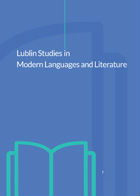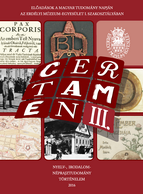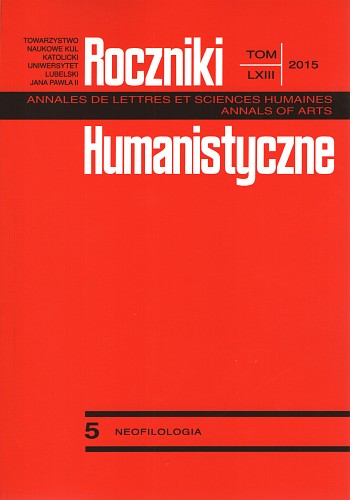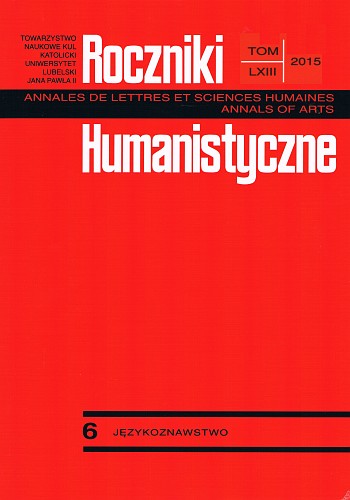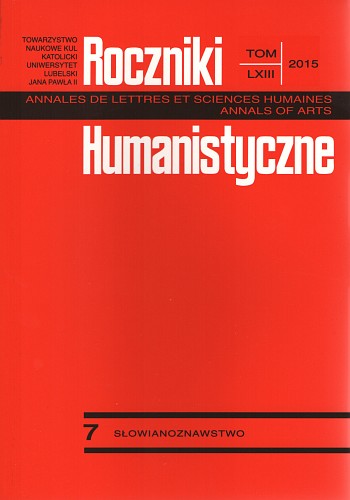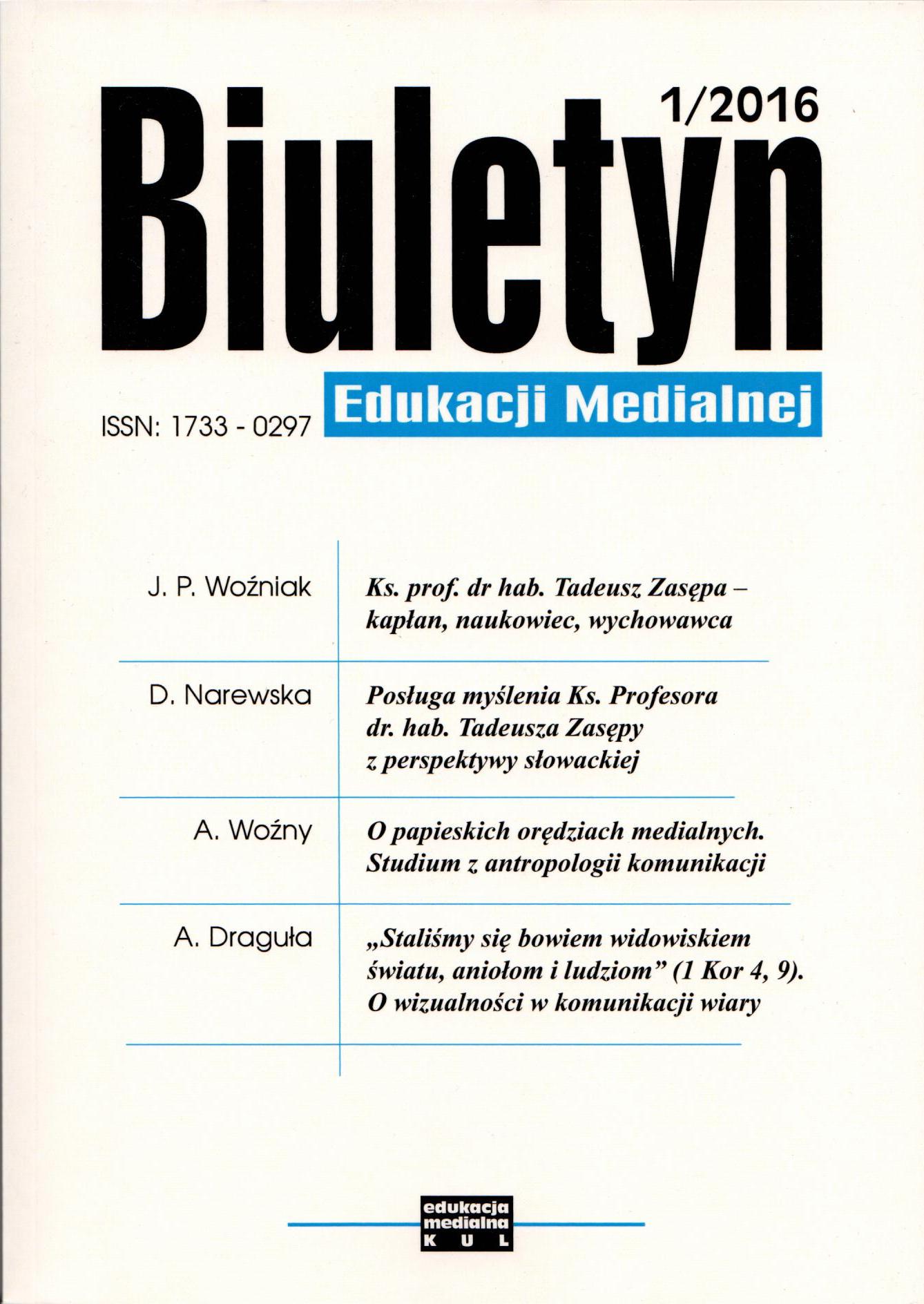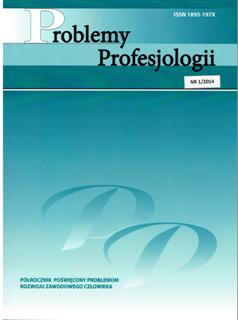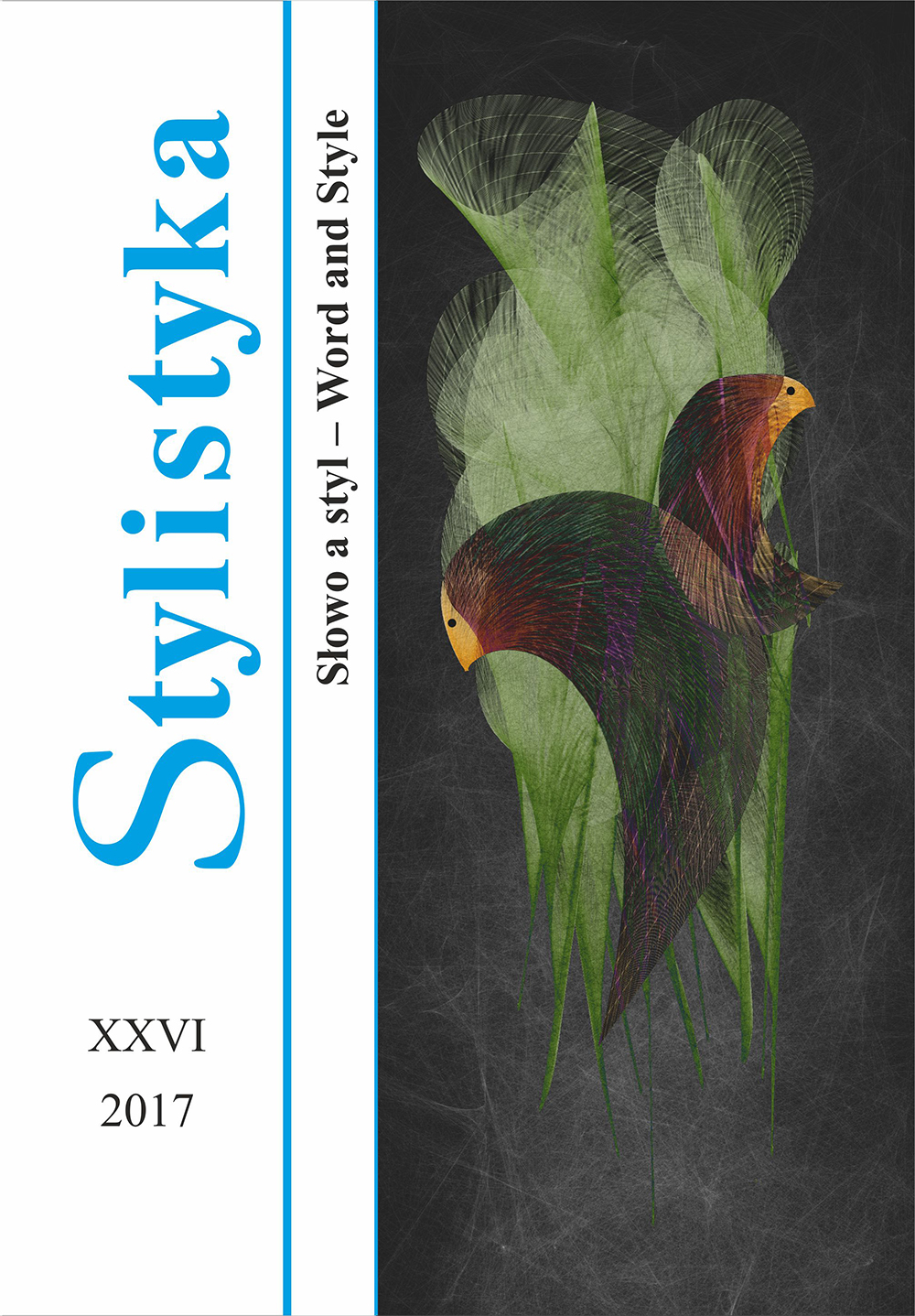Author(s): Oleg Tishchenko / Language(s): Russian
Issue: 07/2015
The article focuses on the proverbs and sayings connected with ancient skills and symbolic artifacts naming in the Russian, Polish, Ukrainian and Belorussian languages. The ways of conceptualization of technological processes, tools, housekeeping and trade equipment in the language of folk culture (folk and dialectal phraseology, similes, idioms, proverbs, sayings, folk and everyday superstitious beliefs and legends) are considered. The processes of metaphoric reframing of some household items, plates and dishes in particular are covered; their semiotic function in ritual, moral and ethical presentations is established. The stereotypes of everyday and mythological actions of the ancient skills representatives, their mutual relations and evaluation, as a rule, pejorative one, on the side of the society are revealed.The process of object and agent cultural codes symbolization is connected with certain social ideas (own – alien, exchange, justice, ability-inability, good (profitable) – bad (unprofitable) trade, rules, restrictions, recommendations etc.). One and the same characteristic feature of the object in different linguocultures may generate several different symbols and image and evaluative contexts. Household items, apart from their substantive content and practical function, may have semiotic, ritual, anthropomorphic functions, that is to denote personality traits, appearance, emotions, intelligence, family relations etc., code oppositions full-empty, whole-part, old-new, function as a way of measurement of artifacts-containers (spoon-bucket, spoon-barrel, crockery-sack, big-small etc.).
More...
